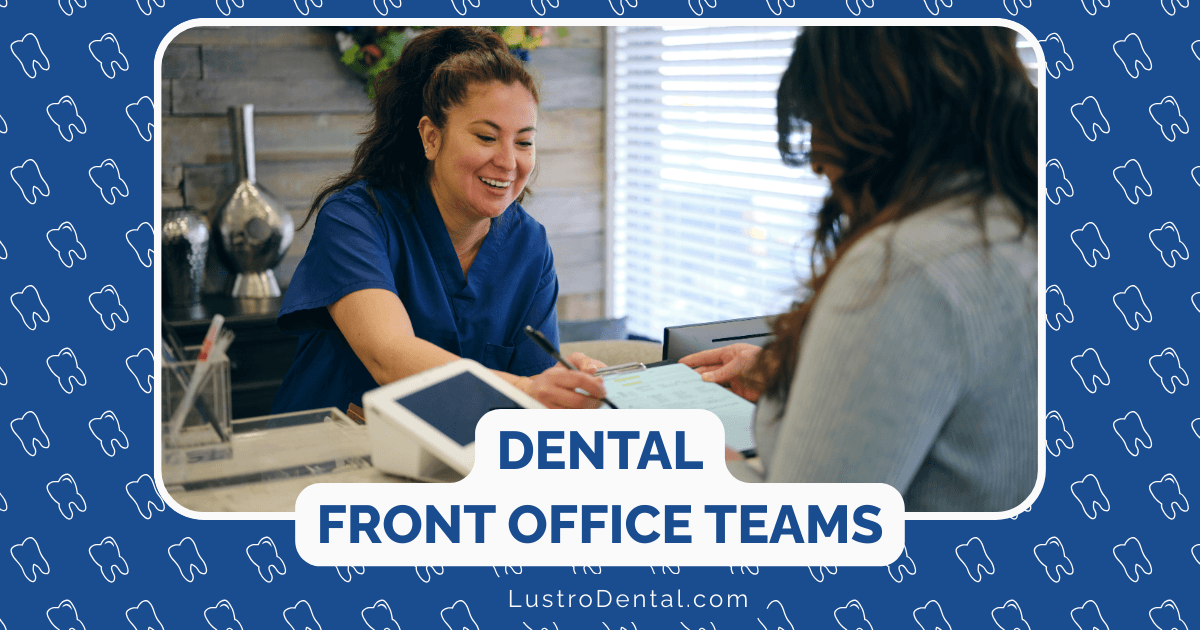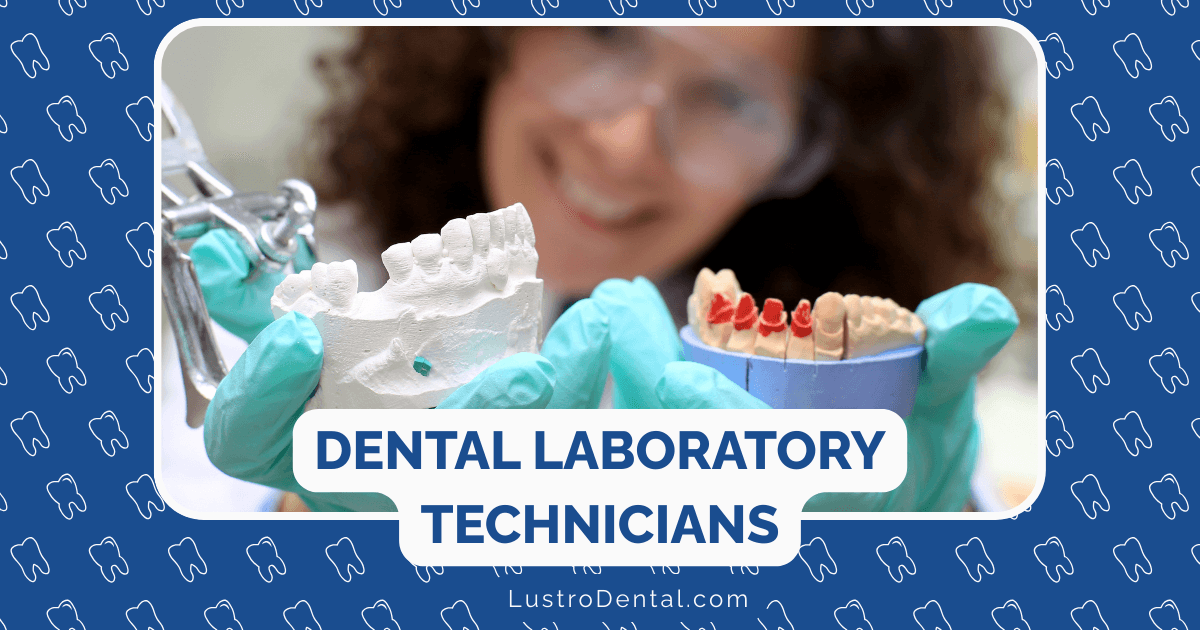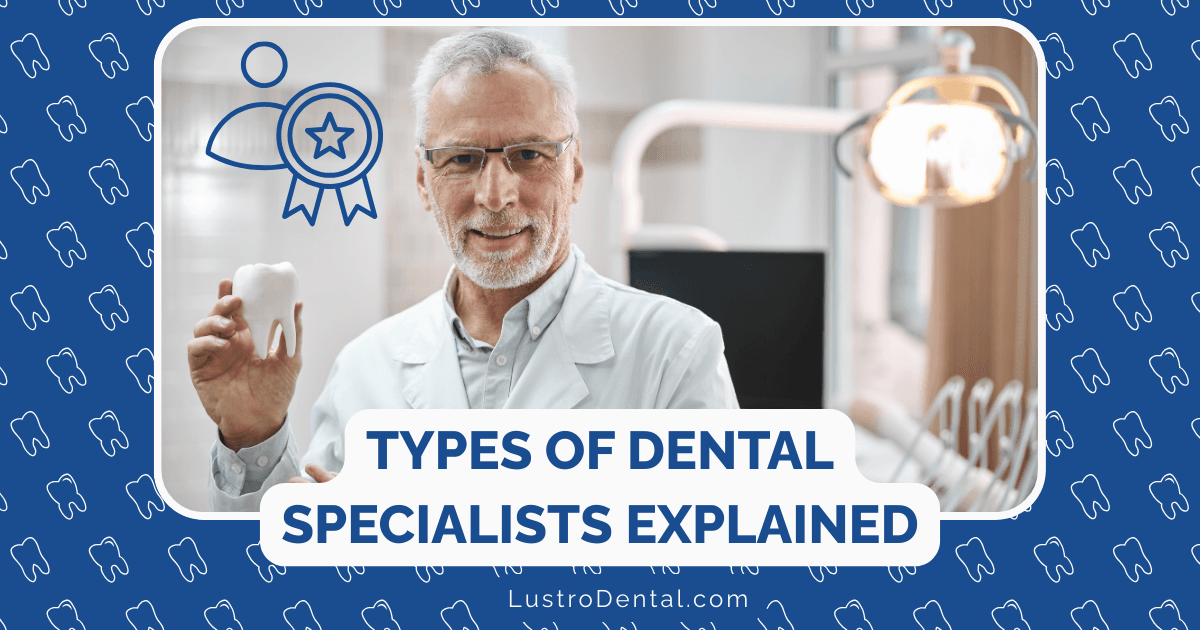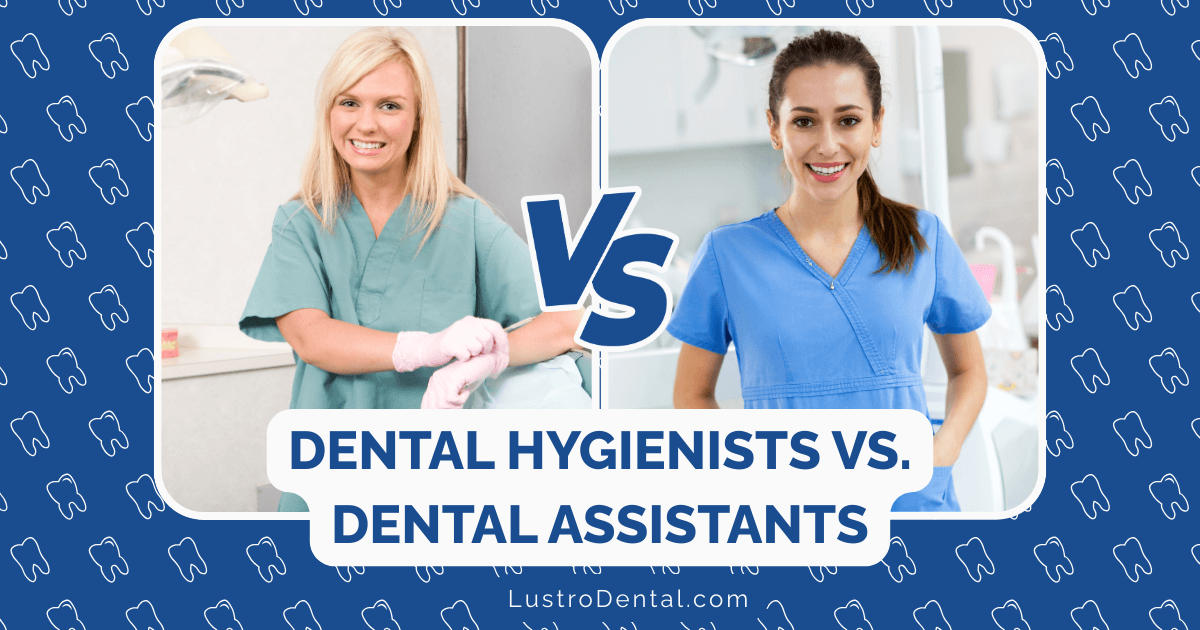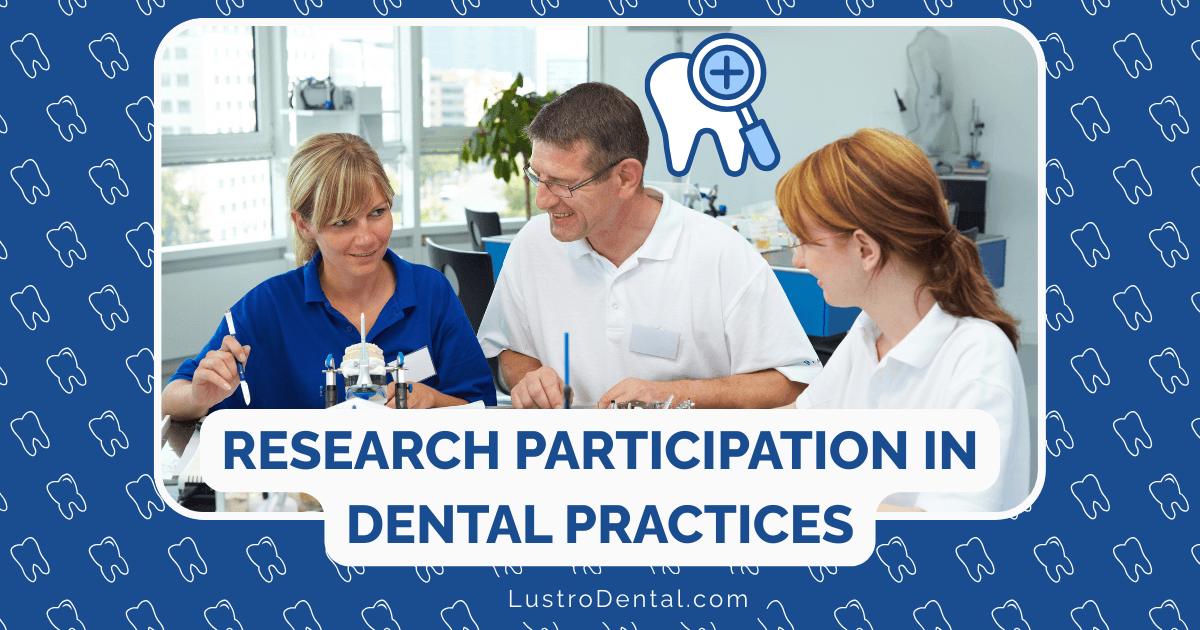Biodegradable Dental Products: Options for Eco-Conscious Patients
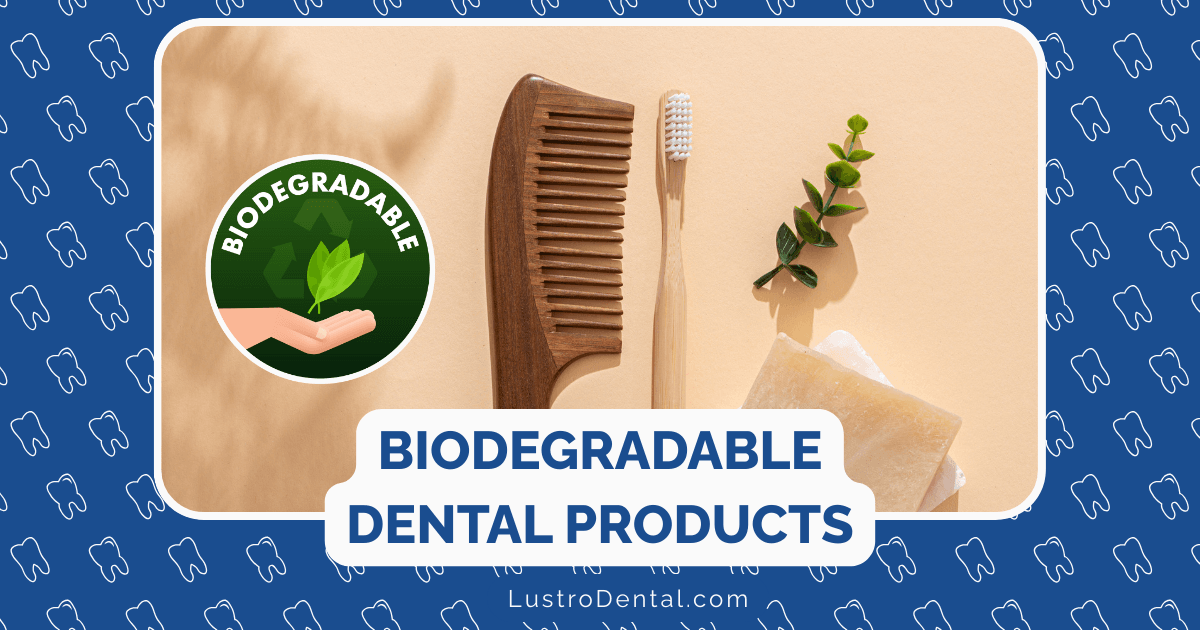
When you brush your teeth tonight, take a moment to consider the environmental impact of your oral care routine. The plastic toothbrush in your hand will likely outlive you—by several centuries. According to Outside Online, conventional plastic toothbrushes take approximately 500 years to decompose, and Americans alone discard an estimated 1 billion of them annually.
Add to that the 1.5 billion non-recyclable toothpaste tubes thrown away globally each year, as reported by Spotlight Oral Care, and the environmental footprint of our daily dental habits becomes staggering.
The good news? A growing market of biodegradable and eco-friendly dental products is making it easier than ever to maintain excellent oral health while reducing your environmental impact. Let’s explore the options available for eco-conscious patients who want to smile brightly without leaving a lasting mark on the planet.
Understanding the Environmental Impact of Conventional Dental Products
Before diving into alternatives, it’s important to understand exactly why traditional dental products are problematic:
Plastic Toothbrushes
- Volume: 1 billion plastic toothbrushes are discarded annually in the U.S. alone
- Weight: This represents approximately 50 million pounds of plastic waste yearly
- Decomposition: Take 500+ years to break down in landfills
- Microplastics: As they slowly degrade, they release microplastics into soil and water
Dental Floss
- Materials: Typically made from nylon (a petroleum product) that never fully biodegrades
- Packaging: Usually comes in plastic dispensers
- Wildlife impact: Can entangle marine animals when it enters waterways
Toothpaste Tubes
- Composition: Most conventional tubes are made from a combination of plastic and aluminum
- Recycling challenges: This mixed-material construction makes them nearly impossible to recycle
- Volume: 1.5 billion tubes enter landfills and oceans annually
Mouthwash
- Packaging: Typically sold in plastic bottles
- Ingredients: Often contain alcohol and synthetic chemicals that can harm aquatic ecosystems
Dr. Sarah Chen, a sustainability-focused dentist, explains: “The average person will use around 300 toothbrushes in their lifetime. When you multiply that by billions of people, you begin to understand the scale of the problem we’re facing with dental waste.”
Biodegradable Alternatives: A Comprehensive Guide
Fortunately, eco-friendly alternatives exist for virtually every dental product in your bathroom. Here’s a detailed look at your options:
Biodegradable Toothbrushes
Bamboo Toothbrushes
The most common eco-friendly alternative to plastic toothbrushes is made from bamboo, a rapidly renewable resource.
Pros:
- Handle is 100% biodegradable and compostable
- Bamboo is naturally antimicrobial
- Grows quickly without pesticides or fertilizers
- Can be composted at home (after removing bristles)
Cons:
- Most still use nylon bristles that need to be removed before composting
- May cost slightly more than conventional plastic brushes
Brands to consider:
- Seek Bamboo offers bamboo toothbrushes with charcoal-infused bristles
- Public Goods sells bamboo toothbrushes rated 4.2/5 stars by customers
Cornstarch-Based Toothbrushes
A newer alternative made from biodegradable plant-based plastic.
Pros:
- Fully biodegradable, including the handle and bristles
- Similar feel to conventional plastic toothbrushes
- Breaks down completely in commercial composting facilities
Cons:
- Requires commercial composting facilities for proper breakdown
- Limited availability compared to bamboo options
Brands to consider:
- Kuab offers corn-starch based brushes with plant-based bristles
- The Humble Co. provides corn-starch options for both adults and children
Eco-Friendly Dental Floss
Biodegradable Silk Floss
Traditional silk floss offers an alternative to nylon.
Pros:
- 100% biodegradable and compostable
- Effective cleaning between teeth
- Often comes in glass containers with metal cutters
- Typically flavored with natural essential oils
Cons:
- Not vegan (silk is an animal product)
- May be slightly less durable than conventional floss
- Higher price point than conventional options
Brands to consider:
- Dental Lace offers refillable glass containers with silk floss
- Public Goods silk floss is rated 4.4/5 stars by customers
Plant-Based Floss
Vegan alternatives made from plant fibers like corn or bamboo.
Pros:
- Vegan-friendly option
- Biodegradable and compostable
- Often comes in refillable glass containers
- Free from petroleum-based materials
Cons:
- May have different texture than conventional floss
- Can be slightly thicker than traditional floss
Brands to consider:
- Zero Waste Store offers bamboo charcoal floss for $9.99
- Georganics provides corn-based PLA floss in glass containers
Natural Toothpaste Alternatives
Toothpaste Tablets
These solid toothpaste alternatives eliminate the need for plastic tubes.
Pros:
- Zero-waste packaging (typically glass jars or paper pouches)
- Travel-friendly and convenient
- No water in formulation, reducing shipping weight and environmental impact
- Often free from artificial preservatives and additives
Cons:
- Different user experience (requires chewing before brushing)
- May or may not contain fluoride (options available for both preferences)
- Higher initial cost, though comparable over time
Brands to consider:
- Huppy offers plastic-free, compostable tablets starting at $8.50
- Unpaste provides options with or without fluoride at $8.99
Natural Toothpaste in Recyclable Packaging
Traditional paste formulations in more sustainable packaging.
Pros:
- Familiar brushing experience
- Available with or without fluoride
- Increasingly available in recyclable metal tubes or glass jars
Cons:
- Still creates some waste, though more recyclable
- May have shorter shelf life without artificial preservatives
Brands to consider:
- Davids Natural Toothpaste comes in recyclable metal tubes
- Spotlight Oral Care uses tubes made from sugarcane-derived Green Polyethylene
Sustainable Mouthwash Options
Mouthwash Tablets
Similar to toothpaste tablets, these dissolve in water to create mouthwash.
Pros:
- Zero-waste packaging
- Concentrated formula reduces shipping impact
- No plastic bottles
- Easy to travel with
Cons:
- May have different taste than liquid mouthwash
- Requires mixing before use
Brands to consider:
- Zero Waste Store offers all-natural mouthwash tablets at $19.99 for 124 tablets
- Georganics provides mouthwash tablets in glass containers
Concentrated Mouthwash
Liquid concentrates that you dilute at home.
Pros:
- Reduces packaging waste
- Lower shipping weight
- Often uses natural ingredients
- Usually comes in glass bottles
Cons:
- Still creates some waste, though less than conventional options
- Requires dilution before use
Brands to consider:
- Aesop offers concentrated mouthwash in glass bottles
- The Humble Co. provides concentrated formulas in recyclable packaging
Effectiveness Comparison: Do Eco-Friendly Products Work?
A common concern about sustainable dental products is whether they clean as effectively as conventional options. Let’s address this question based on available evidence:
Toothbrushes
According to dental professionals and studies cited by True Smile Works, bamboo toothbrushes clean just as effectively as plastic ones. The cleaning action comes primarily from the bristles and proper brushing technique, not the handle material.
Dr. Michael Roberts, a dentist specializing in sustainable practices, explains: “The bristle configuration and your brushing technique are what matter most for effective plaque removal. The handle material—whether plastic or bamboo—has no impact on cleaning efficacy.”
Floss
Studies show that the mechanical action of flossing is what removes plaque between teeth. Both silk and plant-based flosses can effectively clean between teeth, though some eco-friendly options may have slightly different textures or thicknesses than what you’re accustomed to.
A 2020 study in the Journal of Dental Research found no significant difference in plaque removal between conventional and biodegradable flosses when proper technique was used.
Toothpaste
The effectiveness of natural toothpaste depends largely on its ingredients. According to Brush Fresh Co:
- With fluoride: Natural toothpastes that contain fluoride provide the same cavity protection as conventional options
- Without fluoride: May rely on alternative ingredients like hydroxyapatite or xylitol for protection
- Cleaning ability: Natural abrasives like silica and calcium carbonate can clean effectively
Dr. Lisa Chen of Larry Molenda DDS notes: “Many natural ingredients have demonstrated effectiveness in promoting oral health. Tea tree oil has antimicrobial properties, while baking soda is excellent for neutralizing acids and gentle stain removal.”
Mouthwash
Natural mouthwashes often use essential oils like tea tree, peppermint, and thyme, which have been shown to have antimicrobial properties. While they may not be as strong-tasting as conventional options, many can effectively freshen breath and support oral health.
A study in the Journal of Clinical Periodontology found that essential oil-based mouthwashes can be effective against plaque when used as directed.
Making the Transition: Tips for Eco-Conscious Patients
Switching to sustainable dental products doesn’t have to happen overnight. Here are some practical tips for making the transition:
Start with One Product at a Time
Begin by replacing items as they run out rather than discarding usable products.
- First switch: Consider starting with a bamboo toothbrush, as this is often the simplest change
- Next steps: Gradually incorporate other products as you finish your current supplies
Consider Your Specific Dental Needs
Work with your dentist to ensure your eco-friendly choices support your oral health requirements.
- Cavity-prone: You might want to choose natural options that still contain fluoride
- Sensitive teeth: Look for natural products specifically formulated for sensitivity
- Gum issues: Consult your dentist about which natural antimicrobial ingredients might help
Proper Disposal of Eco-Friendly Products
Even biodegradable products need proper disposal:
- Bamboo toothbrushes: Remove the nylon bristles before composting the handle
- Silk floss: Can go in home compost bins
- Packaging: Recycle glass containers or reuse them with refill options
Budget Considerations
Eco-friendly dental products often cost more upfront but consider:
- Subscription services: Many brands offer discounted subscriptions
- Bulk purchasing: Buying refills in larger quantities can reduce per-unit cost
- Long-term value: Higher quality products may last longer or provide better results
What Dentists Say About Eco-Friendly Dental Products
We asked several dentists for their professional opinions on sustainable oral care:
Dr. James Wilson, DDS: “I’ve been recommending bamboo toothbrushes to my patients for years. They’re just as effective as plastic ones, and patients appreciate having an environmentally conscious option.”
Dr. Sarah Chen, DMD: “The key is finding products that balance sustainability with effectiveness. I work with patients to identify natural products that meet their specific oral health needs—whether that’s cavity prevention, sensitivity relief, or gum health.”
Dr. Michael Roberts, DDS: “I’ve seen a significant increase in patients asking about eco-friendly options. The good news is that the market has responded with products that are both effective and better for the planet.”
Looking to the Future: Innovations in Sustainable Oral Care
The field of eco-friendly dental care continues to evolve:
Emerging Technologies
- Fully biodegradable bristles: Research into plant-based bristles that perform as well as nylon
- Water-free toothpaste formulations: Reducing water content decreases shipping weight and environmental impact
- Refill stations: Some companies are exploring refill models for toothpaste and mouthwash
- Edible toothpaste: Early-stage research into completely edible formulations that leave no waste
Industry Shifts
Major dental companies are beginning to respond to consumer demand for sustainable options:
- Colgate has introduced recyclable toothpaste tubes
- Oral-B offers bamboo toothbrushes alongside their conventional lines
- Several large brands are committing to plastic reduction goals
The Bottom Line: Small Changes, Big Impact
Making the switch to biodegradable dental products is a small change that can have a significant environmental impact when multiplied across millions of users. As Dr. Chen puts it: “If every American switched to a bamboo toothbrush, we’d keep 50 million pounds of plastic out of landfills and oceans every year.”
The good news is that you don’t have to compromise on oral health to make environmentally conscious choices. With the growing variety of effective eco-friendly options, you can maintain a healthy smile while reducing your environmental footprint.
By making thoughtful choices about your dental care products, you’re contributing to a healthier planet—something we can all smile about.
Have you tried any biodegradable dental products? Share your experience in the comments below!


